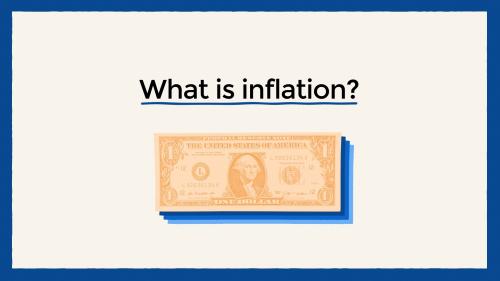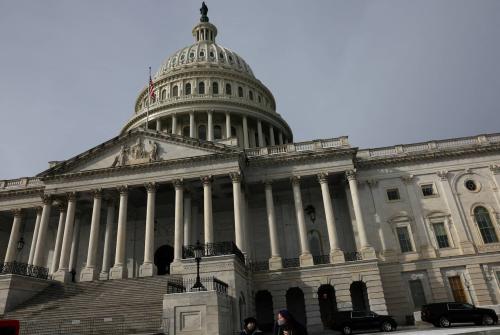The list of issues on the progressive agenda for 2009 is long: universal health care, slowing climate change, improving public education, aiding foreclosed homeowners, rebuilding our crumbling infrastructure, and ending the war in Iraq. These are all important and vital efforts, especially after eight years of George W. Bush. But the sad fact is that the money to pursue any of these objectives doesn’t exist. With a deficit approaching three quarters of a trillion dollars in the next decade, neither the will nor the way exists for future big-ticket initiatives.
Rolling back the Bush tax cuts for the wealthy or curbing earmarks won’t pay for all of the campaign proposals being advanced by the Democratic or Republican presidential candidates. And no candidate has a credible plan to address the large deficits that are projected for 2009 and beyond.
What we do know is that there are three basic policy responses to this situation: allow deficits to balloon to still higher levels, cut spending in addition to forgoing new initiatives, or raise taxes well beyond anything currently contemplated. In the absence of a longer-term strategy, any new administration will likely muddle through with a mix of all three, and in the process fail to address either the nation’s domestic problems or its fiscal conundrum. What’s needed instead is a fundamental rethinking of the intergenerational contract—what the government provides to whom—and when in their lives the government provides it.
Right now, the intergenerational contract favors the old at the expense of the young. It operates under the premise that the wide base of working-age Americans can, and should, support the relatively small number of Americans in retirement. But over the coming decades, there will be far more older Americans, including many in their sixties and seventies, who can work and who, with proper planning, should have sufficient assets to contribute far more to supporting themselves than was possible in the past. Right now, thanks to the current contract, older Americans are the only group in our society that has access to universal, fee-for-service medical care. Younger Americans do not have such access, have seen their incomes stagnate in recent years, and yet will be expected to pay for the current generation’s morally indefensible fiscal policies. As a result, without a major change, working-age families and their children will not receive the kind of help that will eventually make the nation more productive. And a country that gives priority to its elderly over its young is arguably a country that doesn’t have much of a future.



Commentary
Revising the Intergenerational Contract
June 9, 2008